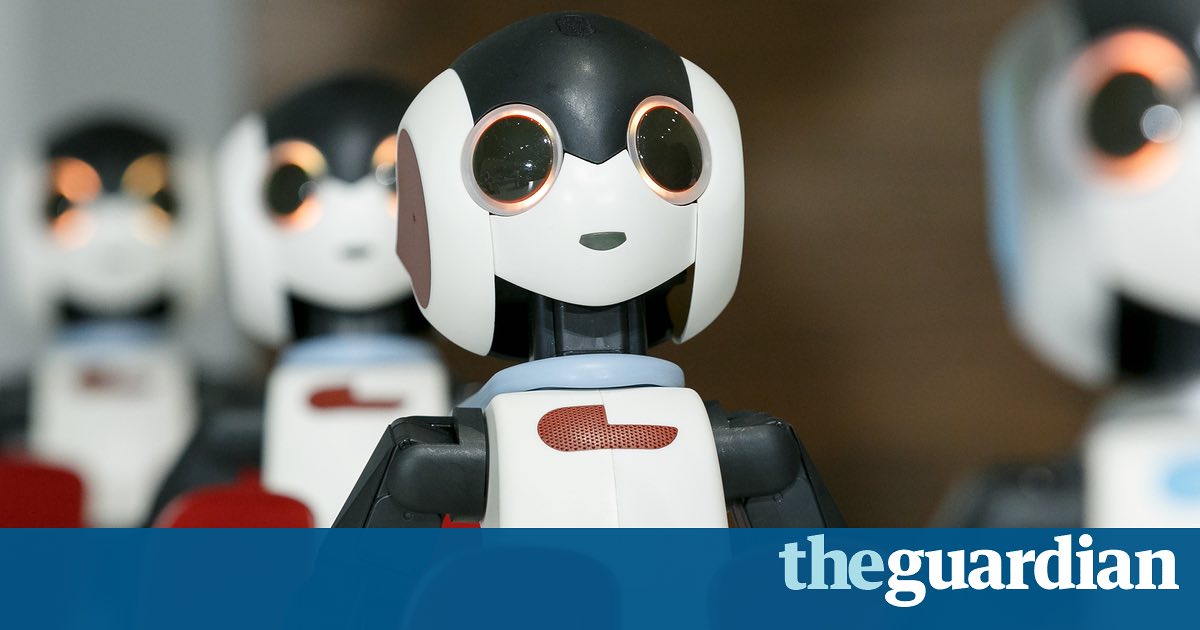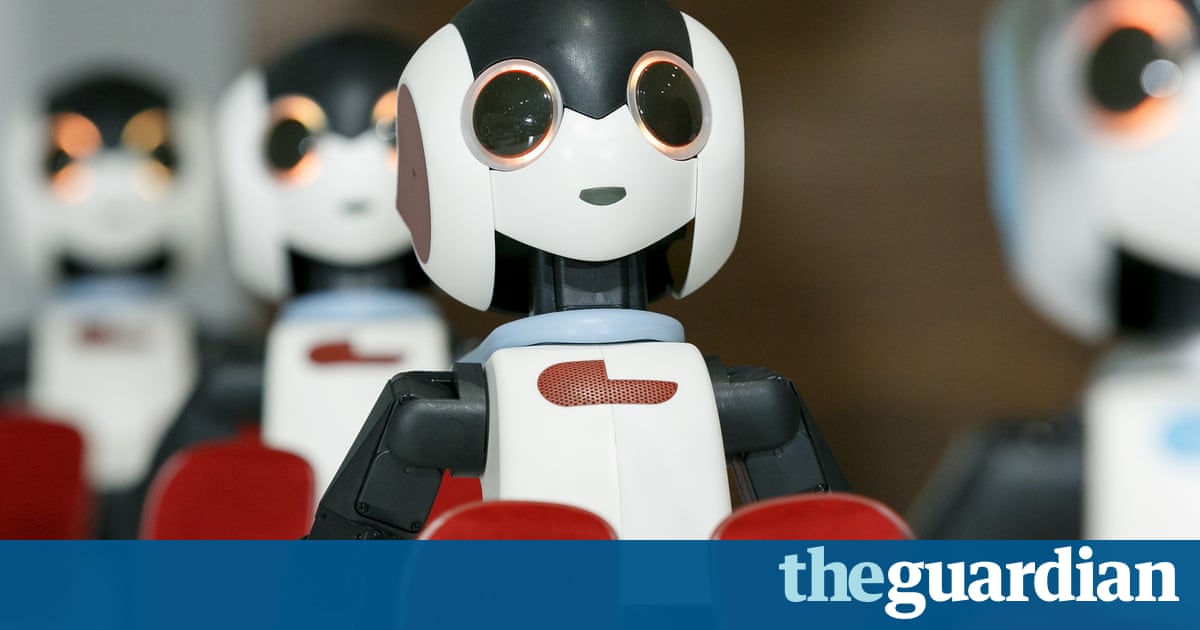The robot debate is over: the jobs are gone and they aren’t coming back

New report shows automation is already causing losses, depressing wages and likely to have lasting, devastating effect.

In 2013, the Oxford Martin School released a report that looked at the automation of work, assessing the likelihood that robots and other technologies would replace humans. It concluded that of the 702 job categories examined, 47% were susceptible to automation within the next 20 years. The report completely upended our ideas about the future of work.
Now, a new report by the National Bureau of Economic Research (NBER) in the United States is set to be an even bigger wake-up call. Written by economists Daron Acemoglu (MIT) and Pascual Restrepo (Boston University), it not only adds support to the Oxford Martin conclusions, it actually suggests the jobs are already lost and unlikely to come back.
It contends that in the US between 1990 and 2007, the addition of each robot into manufacturing industries resulted in the loss, on average, of 6.2 human jobs. It also suggests automation depressed wages by between a quarter and a half of one per cent. Using this approach, the report says, we estimate large and robust negative effects of robots on employment and wages across commuting zones.
There is another important insight: these jobs losses and lower wages are likely to have a lasting and devastating effect. Author Daron Acemoglu told the New York Times that, even if overall employment and wages recover, there will be losers in the process, and its going to take a very long time for these communities to recover. The market economy is not going to create the jobs by itself for these workers who are bearing the brunt of the change.
These are game-changing findings, so let me put them into context of the overall debate.
There has been a rather unproductive back-and-forth over whether or not robots are going to take our jobs. This dead end approach was something I warned about in my book Why The Future Is Workless when I wrote, Lets not go down the same route we have with climate change and mindlessly divide ourselves into camps of sceptics and advocates. Lets instead bypass the ultimately futile argument about whether or not robots will take our jobs (they will) and make the imaginative leap, together, into a workless future that can liberate us all.
Much of the argument has rested on the claim that technology ultimately creates as many jobs as it destroys (an approach that author Calum Chace calls the reverse Luddite fallacy).
Probably the most influential proponent of this argument is MIT economist David Autor. His important paper, Why Are There Still So Many Jobs?, although careful to allow for the fact that past behaviour is not always a great predictor of future outcomes, nonetheless notes that journalists and even expert commentators tend to overstate the extent of machine substitution for human labor and ignore the strong complementarities between automation and labor that increase productivity, raise earnings, and augment demand for labor.
As recently as last week, Australian economic commentator, Ross Gittins, ran a similar line in a strongly worded piece decrying so-called futurologists for scaring everyone about job losses. He wrote, improving the productivity of a nations labour increases its real income. When that income is spent, jobs are created somewhere in the economy. Technological advance doesnt destroy jobs, it displaces them from one part of the economy to another.
This claim, of course, was always as much a guess about the future of work as anything offered by dreaded futurologists, but the point is, the NBER report makes it even more tenuous than it was. In fact, Acemoglu and Restrepo specifically argue there is little evidence of new jobs being created, saying the results indicate a very limited set of offsetting employment increases in other industries and occupations.
What lends the NBER report added authority is it doesnt rely on modelling to predict what robots are likely to do to jobs in the future, but on hard data to look at what robots are already doing to jobs in the present. The results are so startling that even the authors were surprised, having previously taken a much more sceptical line.
So where does this leave us? Well, we need to keep things in perspective. The future of work is a hugely complex issue, social and political as much as technological, and one new report, however important, hardly settles the matter. Nonetheless, Acemoglu and Restrepos findings do give us a new baseline for our discussions.
In so doing, they will likely reanimate calls for a universal basic income, because if there really are fewer jobs, we are going to need new ways of distributing wealth.
The report also challenges the neoliberal tenet that unregulated markets are a surefire way to full employment, and it can reasonably be taken to imply a large role for governments in managing the change that is coming. Additionally, it undermines the persistent claim that technology will create enough jobs in the future because this is what happened in the past.
Most importantly, the results suggest politicians and others who carelessly promise jobs and growth need to stop waffling and start taking seriously the fact that the future of work is going to be a very different beast to the past and present of work. We are likely to face not just different sorts of work, but far fewer jobs.
How we respond to this reality will be a huge test for our democracies, and this report is an important contribution to the ongoing debate.